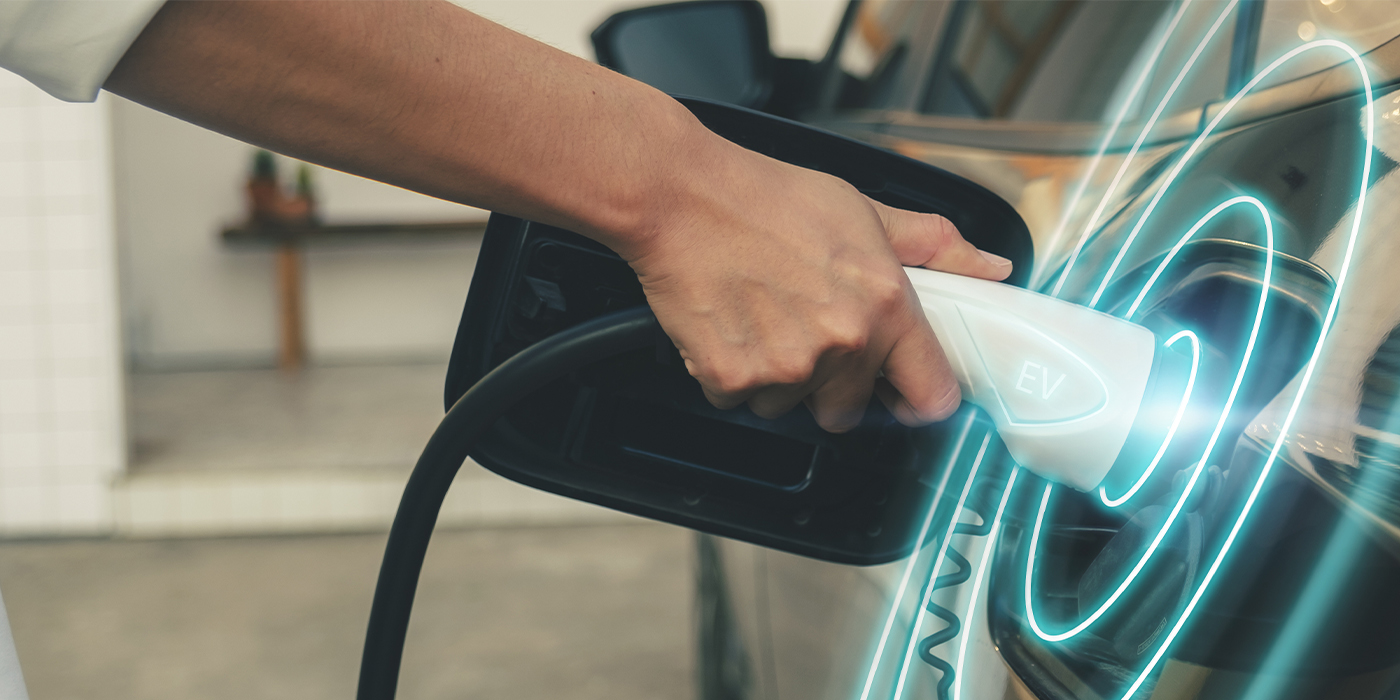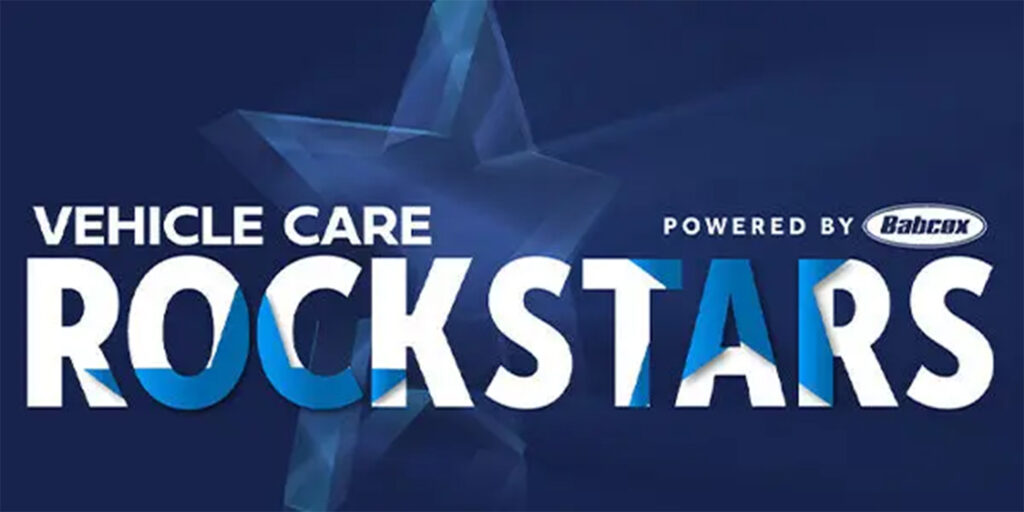I received a call the other day from someone who wanted to know if I thought they should buy a Toyota Prius hybrid or a diesel-powered VW. Which is best? I said drive both cars, then buy the one you like the best.
Hybrids and diesels are getting a lot of buzz these days as fuel-efficient alternatives to conventional gasoline engines. Diesels have long been a popular choice for light trucks because of their higher fuel efficiency and torque. And when gasoline prices shot above $3 a gallon this summer, car buyers were clamoring for more fuel-efficient alternatives. Unfortunately, only a limited number of vehicles are available with hybrid or diesel powertrains.
Currently, the only diesel-powered cars available are Mercedes E Class E320 CDI, Jeep Liberty CRD, VW Passat TDI, VW Touareg TDI and VW Turbo Diesel Golf TDI. As for hybrids, current models include Toyota Prius, Toyota Camry hybrid, Honda Accord hybrid, Honda Civic hybrid, Honda Insight, Lexus RX400H, Ford Escape hybrid, 2007 Saturn Vue Greenline hybrid and 2007 Mercury Mariner hybrid.
So which is better, a hybrid or a diesel?
It depends how you define “better.”
First, all hybrids are not the same. Some of the hybrids, such as the Saturn Vue Greenline, are essentially conventional gasoline-powered vehicles with a stop/restart system that kills the engine when the vehicle is stopped in traffic to save gas. When you pull up to a stop light and sit for more than two seconds, the engine shuts off. Then it automatically restarts when you press down on the gas pedal when the traffic starts to move again or the traffic light turns green. The stop/restart system can improve fuel economy up to 15% depending on how much stop-and-go driving you do, but it doesn’t help fuel economy a bit on the open highway.
That’s where diesels are better. A diesel engine typically gets about 30% better fuel economy than a comparable gasoline engine of the same size. A diesel engine uses high compression rather than spark ignition to burn the fuel. This eliminates the need for an ignition system (no spark plugs, coils or ignition module), but it does require a very high pressure fuel injection system, much higher than that on a gasoline engine (up to 22,000 psi!). Diesels also have no throttle, so the engine pumps air more efficiently. But for cold weather starting, diesels need a glow plug system — and fuel waxing during cold weather can be a problem if the wrong grade of diesel fuel is used.
Mechanically, a diesel engine is essentially the same as a gasoline engine except for the higher compression ratio (up to 18:1). Diesels typically have stronger crankshafts, connecting rods and pistons than gasoline engines, and they typically run at lower rpm. This makes diesels more durable than gasoline engines — provided the engine is properly maintained (regular oil and filter changes).
The latest generation of direct injection diesel engines are smooth and quiet, and perform essentially the same as their gasoline counterparts. At a recent Bosch press event I had the opportunity to test drive a number of diesel-powered vehicles, including a BMW, Mercedes, Audi, Honda and even a Smart car. I was most impressed with the BMW and Mercedes diesels, and would never have known they were diesels from the way these cars ran. There was no diesel clatter, no black smoke and no sluggish performance. It certainly changed my perception of diesel engines and how far the technology has come today.
It would have been nice to have had some hybrids for comparison, but I’ve driven a variety of hybrids and have found them to drive pretty much like a conventional vehicle — except for the eerie silence when the engine shuts down when the vehicle stops moving. The Toyota Prius is capable of getting high fuel economy numbers in city driving (60 mpg city/51 mpg highway), but many owners never realize the high numbers for various reasons. If you’re looking for fuel economy, there are a number of economy cars that offer 35 to 40 mph highway numbers without the cost or complexity of a hybrid like the Prius.
Hybrid technology is great when a vehicle is new and is still under warranty. But frankly, I would not want to be the second or third owner of a full hybrid like the Prius. Why? Because as these vehicles age and develop the usual problems that come with the accumulation of time and mileage, they are going to be very difficult and expensive to maintain and repair. The list price for a new battery pack is $2,985, $1,478 for the electric motor and $1,109 for the generator assembly — plus labor. Most aftermarket shops do not have the scan tool capabilities or know-how to work on the hybrid drivetrain in a Prius, so that means taking the vehicle back to the Toyota dealer (who usually charges higher labor rates than independent shops).
So back to the original question: which is better, a hybrid or a diesel? It depends on what you want: maximum fuel economy, towing torque, performance or a combination of all of these. The choice depends on the current price of diesel fuel versus gasoline, the cost difference to get a diesel or hybrid option (dealers will get as much as they can depending on market demand), the kind of driving you do (city or highway), the purpose of the vehicle (general transportation, commuting or towing), and the climate where you live (cold is more of a challenge for diesels).
Either way you go, you’ll get better fuel economy than with a conventional gasoline engine — and you’ll have something to talk about when discussing cars with friends, family and co-workers. And if you’re really environmentally conscious, you can run your hybrid on an ethanol blend, or fuel your diesel with a biodiesel blend made from recycled french frier grease.













